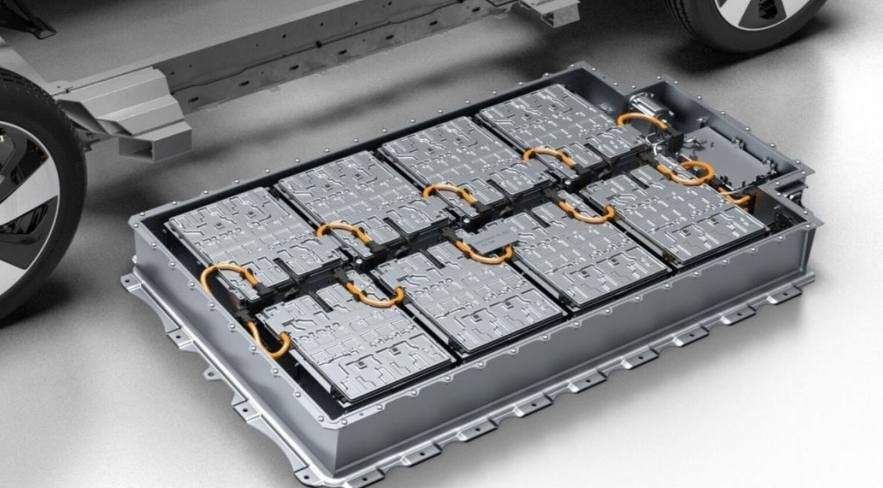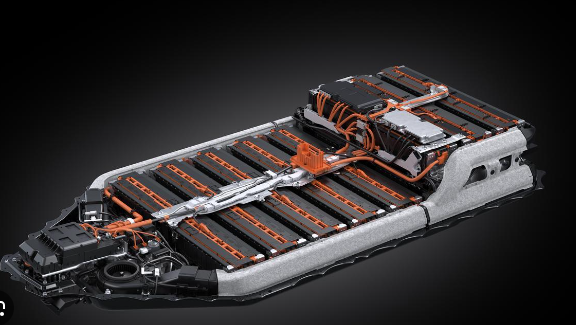Zeleros, a Valencia, Spain-based company, is undertaking the “Modalt” project with the aim of manufacturing more sustainable, safer, lighter and more durable batteries to drive electric mobility in high-performance vehicles.
Modalt will validate a high-performance energy storage module made of thermoplastic composites for integration into modular battery packs, which will contribute to the electrification of trucks, buses, airplanes, ships and even new rail or ‘hyperloop’ vehicles.
Also participating in the project are the Technological Institute of Plastics (Aimplas), the CMT Thermal Engines Institute of the Polytechnic University of Valencia (UPV) and ZIUR Composite Solutions.

A Necessity
Through a press release, those involved point out that there is a clear need to meet the high performance required by electric mobility for long-distance transport.
The Modalt project, led by Zeleros, with the participation of the other entities, “arises to meet this challenge and accelerate the development and validation of high-power electric mobility technologies, enabling the industry to address new market opportunities.”
Read also: Element Fleet Mexico Released Fleet Management Trends Report
The industrial research, which is funded by the Valencian Innovation Agency (AVI), consists of the design, prototyping, testing and validation of a high-performance storage module and its integration into modular battery packs for high-power and high-energy electric mobility applications.
Unprecedented Research
Daniel Fons, Program Technical Leader at Zeleros, pointed out that Modalt will allow them to generate differential knowledge to develop and manufacture more sustainable, lighter, safer and more durable batteries.
“The storage module we are developing will contribute to unlocking high-performance electrified vehicle applications, as its design meets the power, energy, performance and operation requirements demanded by these vehicles,” he explained.
As a final result of the project, a storage module will be designed and validated in the laboratory with experimental electrical, mechanical and thermal tests, simulating different driving cycles.







